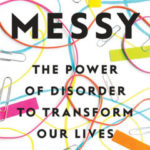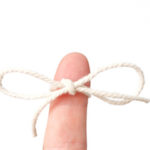For many professionals, work/life balance is elusive. And even while off the job, people view leisure activities as a means to improving work performance — like practicing mindfulness or learning new productivity methods — instead of a way to genuinely relax and disengage. In fact, highlighting the professional benefits of leisure activities has become one of the only ways to trick people into taking up a hobby, according to Brigid Schulte, author of Overwhelmed: Work, Love and Play When No One Has the Time.
“There is this achievement-oriented culture,” Schulte recently told The New York Times. “You get busy and you feel like you don’t deserve [downtime] and you need to earn it.” While researching her book, Schulte said that she discovered that a troubling number of hobbies — beyond the more obvious ones like meditation and yoga — have been rebranded as enhancers of productivity. Hiking, cooking, and even daydreaming are now being presented as “life-hacks” that can help professionals focus at work. While it’s true that leisure activities have the power to lower stress levels and increase creativity (thereby improving our on-the-job performance), there is something to be said for feeding the part of you that has nothing to do with your professional self.
Experts cited in the Times article recommend taking the first step by finding something you truly enjoy. Even if you think of it as an extracurricular activity to better your professional life, you might just feel inspired to continue doing it for (gasp) fun.
“You have to begin experiencing this kind of time, and once you see what it does for you and how valuable it is, you’re going to want more of it,” Schulte said. “And you will actually make the decision to create space for it.”
Over time, this hobby might start to change your perspective on work taking priority over play. “I would argue that rather than thinking about how leisure can promote greater productivity at work,” Thomas Fletcher told the Times. “a more important consideration is about how work inhibits our leisure time.” Hopefully, Fletcher — chairman of Leisure Studies Association — doesn’t view his own hobbies as work fodder.
Listen to a Convene podcast with Schulte at convn.org/brigid-schulte-podcast.



